Increasingly, consumers are becoming ever more interested in the source of protein used in their pet food and the overall carbon footprints of the products they purchase. At the same time, pet food manufacturers have committed to tough targets to reduce emissions throughout their supply chains to achieve Net Zero by 2050 or sooner.
Consequently, alternative proteins, produced with a lower carbon footprint than traditional sources, are becoming mainstream, rapidly gaining consumer acceptance. Protein produced by feeding insects, such as black soldier fly and yellow mealworm, on permitted waste materials – the technology known as insect bioconversion (IB) - is one such alternative product.
In the UK, the market value of feeding the huge number of domestic pets demonstrates the demand for protein and the potential for manufacturers to meet that demand in a more sustainable way. According to figures provided by trade membership body UK Pet Food during a recent webinar run by Fera Science Ltd (View Here).
Consumers are very aware of the impact their purchasing choices have on the environment and are looking for more sustainable and healthier food alternatives for their pets. Insect protein reared on agriculture and food residues is utilised in a variety of ways in pet food sold in the UK, for example as whole larvae, or processed dried protein meal. Insect oils and lipids are also produced which are widely utilised in a variety of animal feeds. In the UK there are several companies, from small scale to multinational, which are including this novel form of protein in their pet food recipes, marketed as premium items with a high price tag.
Is insect protein more sustainable than other sources of protein?
It is now increasingly important for manufacturers to source ingredients for pet food that not only have as low a carbon footprint as possible, but also do not add to soil or water depletion, or fuel climate change. Insect protein may potentially help tick these sustainability checks. IB has an additional exciting benefit, as the protein is produced by feeding insects on waste materials. IB ‘reclaims’ and ‘repurposes’ these waste materials, creating added-value products in a circular process. Additionally, IB operations can be set up close to food waste sources, with this local production of protein helping to reduce transport miles.
In 2019 the president of the British Veterinary Association made media impact by publicly recognising the potential contribution of insect protein to address the rising need for sustainable animal feed. Indicating that insect protein offers a palatable, nutritious and bioavailable alternative to owners who want to offer a ‘meat-free’ diet to their pets rather than vegetarian or vegan diets which can result in poor pet health & welfare.
A wide variety of exotic animals, which are often natural insectivores, are also kept as pets in UK homes and are fed live invertebrates. However, there are welfare and disease issues attached to the production and sale of live insects, and much wastage experienced from their use in the home. As a result, there is growing interest in the use of insect protein as a more sustainable food source for these exotic pets.
Is insect-protein a healthier option for pets?
Insect protein meal has a well-balanced nutritional profile. During the Fera webinar manufacturers of insect-based pet food discussed the reasons why consumers decide to feed this food to their pets. For example, insect protein-based pet food seems to be suitable for some animals that have developed adverse reactions to regular pet food and those that are fussy eaters. Owners often try insect-based pet food perhaps as a ‘last resort’ with many seeing positive effects on the health of pets, this positive response leading to increased demand.
Is insect protein safe to feed to pets?
Owners of pets of all kinds have the health and well-being of their charges as paramount, and need to know that the food they choose is healthy and nutritional as well as being more sustainable than other choices. As with any novel product, rigorous safety testing is undertaken on insect proteins for use in pet food.
Dr Maureen Wakefield, entomologist and Principal Scientist for Fera said on the recent pet food focused webinar: “There is some evidence that certain contaminants, for example, heavy metals can bioaccumulate in the larvae through the process of insect bioconversion if present in the material on which they are fed. But that risk is reduced by thorough screening of the rearing material.”
Currently that risk is further mitigated by the fact that UK regulation only allows insects to be fed on vegetal matter and certain other specific waste products from food manufacturing processes. These regulations do not permit any material containing animal by-products (ABPs) to be fed to insects.
During the Fera webinar, Phil Smith, Head of Business Development for Fapas® at Fera, leaders in proficiency testing, stated that no matter the source of the feeding matter “this level of stringency is common across many other areas of food science but if anything, we are probably paying more attention to detail in this case, because it is new. We are aware that we are taking consumers on a journey here, so this level of stringency and testing is all about building trust in a new and novel protein.”
Phil Smith added: “I would say from the evidence I have seen that there is no more risk from insect protein than from any other protein source.”
Marketing opportunities for insect protein-based pet food
.jpg?width=551&height=367&name=shutterstock_327237392%20(2).jpg) The specific qualities of insect protein, such as its nutritional content, provide unique marketing opportunities, especially when the health benefits are supported by organisations such as the British Veterinary Association. Research into alternative substrates on which to feed insects is gaining momentum and, if future regulation allows, there is huge potential to feed insects on otherwise hard to recycle materials, such as mixed food wastes and manures, to produce edible protein in large quantities.
The specific qualities of insect protein, such as its nutritional content, provide unique marketing opportunities, especially when the health benefits are supported by organisations such as the British Veterinary Association. Research into alternative substrates on which to feed insects is gaining momentum and, if future regulation allows, there is huge potential to feed insects on otherwise hard to recycle materials, such as mixed food wastes and manures, to produce edible protein in large quantities.
Reducing greenhouse gas emissions: Opportunities exist for the insect-based pet food market to share evidence that the intensive farming of livestock is responsible for a large percentage of global greenhouse gas emissions. For this reason, pet food manufacturers looking for ways to meet their Net Zero targets may need to reassess their current use of waste meat products in pet food. Organisations, including the United Nations, are urging all to eat less meat for both environmental and health reasons which if taken up will lead to a reduction in the amount of meat products consumed in certain countries and a subsequent reduction in ABPs available for pet food.
Competition for access to and use of ABPs: Recent media articles confirm that the mainstream pet food market is facing increasing competition for ABPs from bio-fuel manufacturers, with demand for biofuel using animal fats expected to triple by 2030. This increased competition for animal fats provides a distinct opportunity for the use of insect oils to help fill this deficit.
Insect protein replacing soy: There is an opportunity to replace imported soy used in pet food, some of which can be associated with overseas deforestation. IB ‘reclaims’ and ‘repurposes’ waste materials, creating added-value products in a circular process that can be implemented at a local level. There is also an opening for further research and development into the use of alternative sources of protein relating to the potential for feeding concentrates to carnivorous zoo animals.
Vegetarian and vegan pet owners: Insect protein in pet food could also prove to be an acceptable and viable alternative for owners who are vegetarian or vegan but want to ensure that their pets receive optimal nutrition without reliance on ‘meat-based’ protein. If a consumer sees positive health benefits for their pet, then they are likely to pay a premium price. Importantly, a range of surveys indicate that the consumer has few issues with the use of insect protein in pet food.
Challenges to the use of insect protein in pet food
As summarised above, insect protein-based pet food is moving fast into the mainstream. However, significant challenges do face this emerging market as shared by two pet food manufacturers on the webinar.
Henry Bremner, founder and CEO of TUGGS explained: “There is a supply issue as there are no viable insect farms in the UK. We import all our frozen larvae from Europe. The UK is sadly lagging 10-15 years behind Europe due to a lack of large-scale investment.” Denise Saber CEO and founder of Percuro Primal Pet Food commented that “current limited availability leads to another challenge which is the high price of insect protein, that is passed onto the consumer.”
Sustainability claims and regulations are also current hurdles, additional to supply, to scaling up the use of insect protein. To help further validate sustainability claims used by pet food manufacturers, more detailed Life Cycle Assessment (LCA) data particularly relating to comparative use of natural resources, such as land and water, and energy against products containing ABPs is highly desirable. UK safety regulations controlling the use of insect protein and the type of substrates on which insects can be reared is currently also a challenge. Michael Bellingham, CEO UK Pet Food stated during the webinar: “Regulation needs to change to free up use of catering waste [for IB use] for example. Until this happens it will be difficult to do it on an economic scale and bring down the price of this currently super premium product.”
So, can Insect Bioconversion provide a sustainable supply of protein for cats, dogs and exotic pets?
As the number of products available on the UK market demonstrates, IB is one circular process that has the potential to produce alternative protein on a larger scale to help feed the world’s growing pet population in a more sustainable way. Insect protein is viewed as a healthier option and can provide an alternative to pet food containing ‘meat-based’ protein which, due to sustainability issues with livestock farming and increased competition for waste products, could become less cheaply available in the future.
It should be noted that it has been demonstrated through LCAs that the choice of substrate on which insects are reared can have a very significant effect on overall environmental impact and on the quality of the final protein product. Further research and changes in UK regulation will be essential to optimise the scale up of the bioconversion process to help meet current and future demand for insect protein.
Find out more about our Insect Services here: https://www.fera.co.uk/insect-bioconversion-reforming-the-food-system
Sign up to view our recent webinar for the Petfood sector here: https://content.fera.co.uk/insect-bioconversion-webinar-recording
References:
Insect-based food 'better for pets than top steak' - BBC News


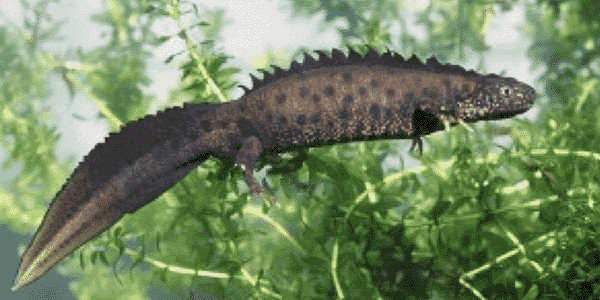
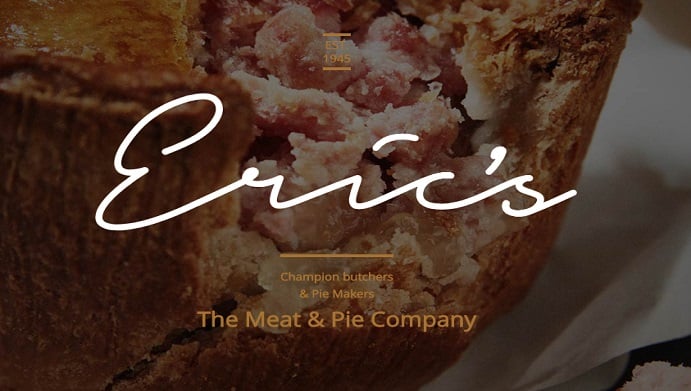
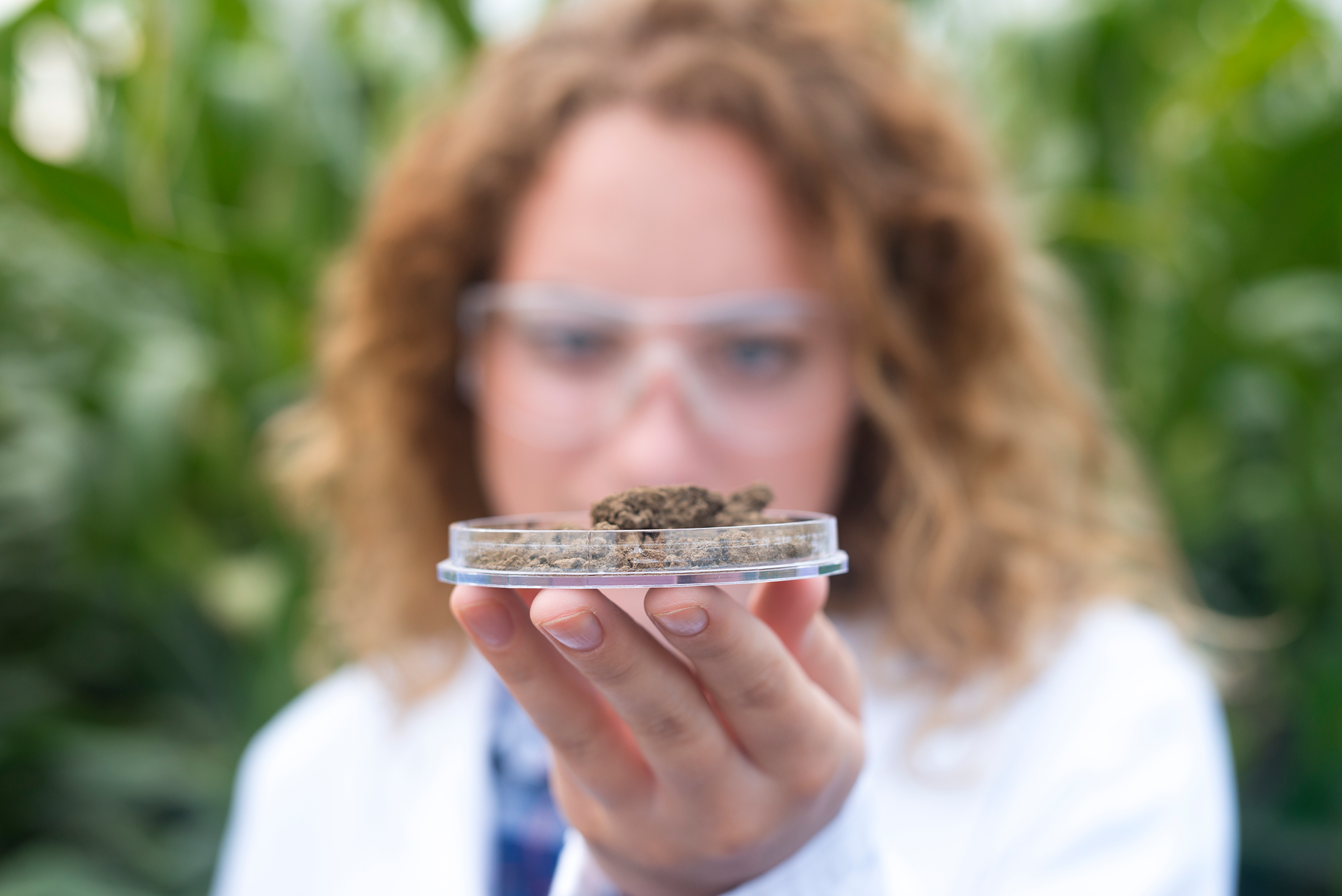
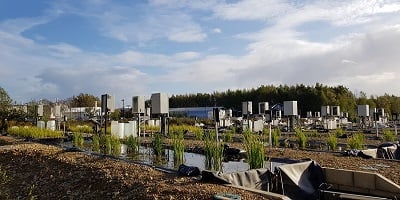
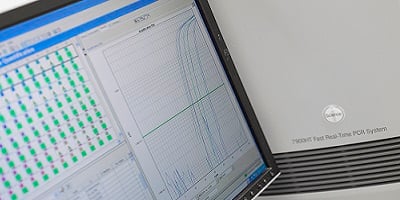
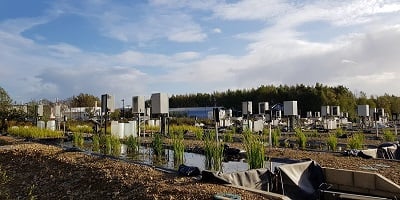
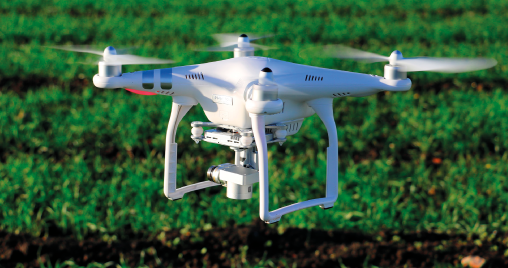
.jpg)